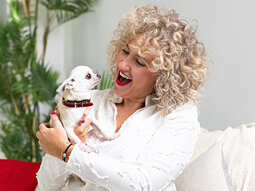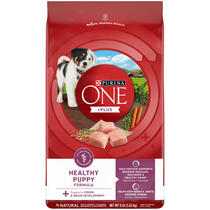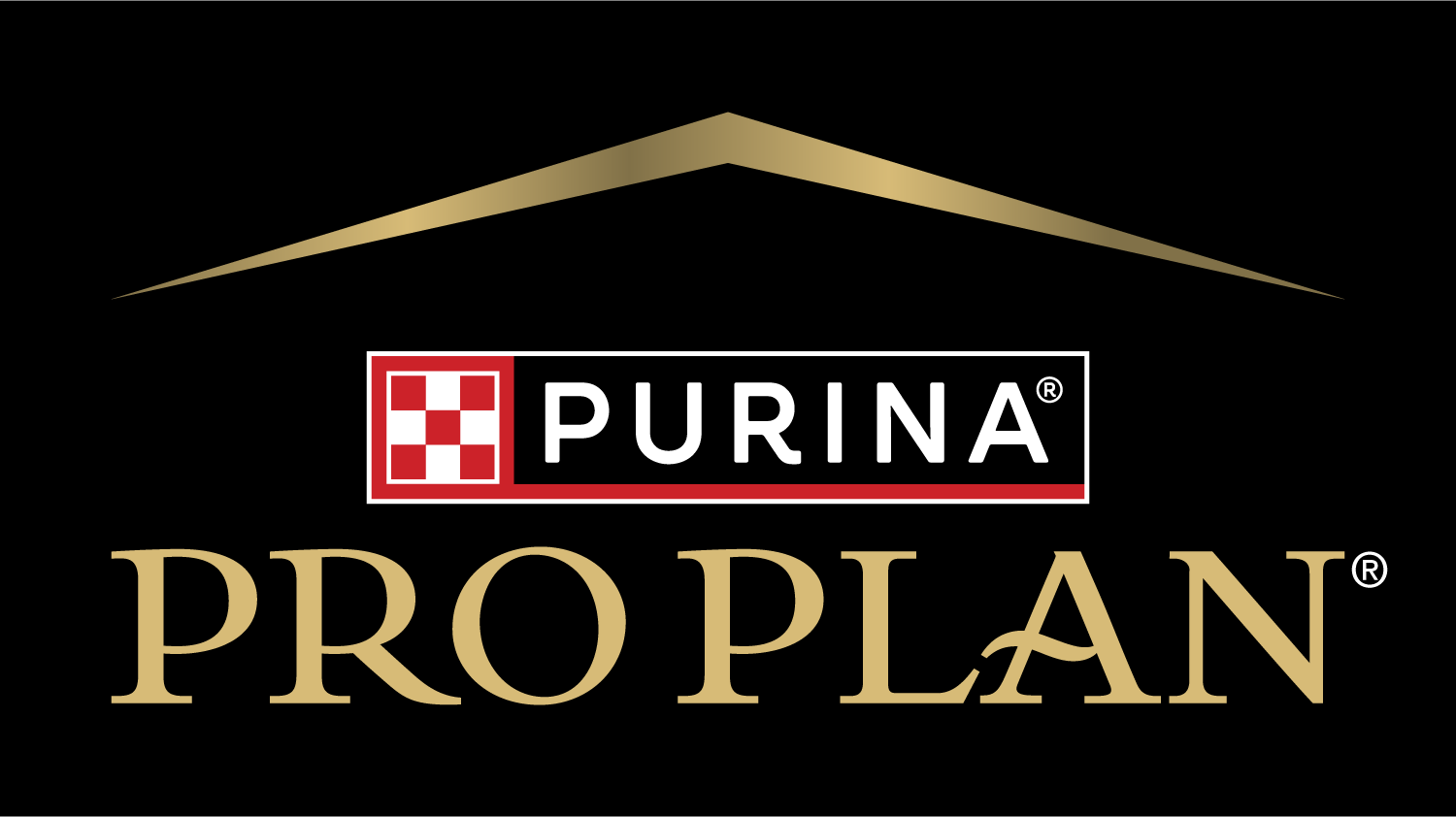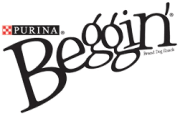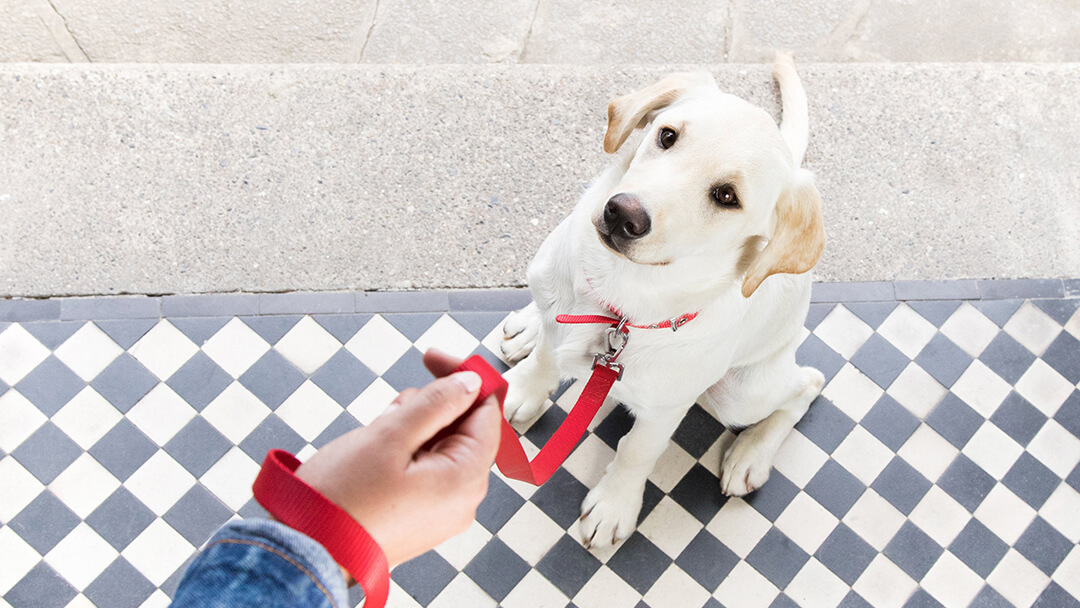

Good nutrition is essential for all dogs, but it’s especially important for growing puppies who require different nutrients than older dogs.
The first year of your puppy’s life is critical to his development.
Smaller breeds should receive a specific puppy formula for at least the first year of their lives whereas larger breeds that are still growing at 12 months should continue to receive puppy food until they are 18-24 months.
When you’re feeding a puppy, it’s extremely important to not over-feed and to keep him at a healthy weight. Our research has shown that keeping your puppy at his ideal body condition can encourage proper growth and help prevent future health problems related to obesity.
Make sure to place your puppy’s food and water bowls in a quiet, clean place that he can easily reach. Find a place that’s out of the way, so he won’t get distracted, and feed him away from places with human food like the stove, the refrigerator, or the dining table.
Feeding your puppy the same amount of food at the same time every day can help keep his digestive system regular — and it’ll help make toilet training easier.
Puppies eat a lot more food than an adult dog to help support all their rapid growth. From birth up until 6 months a puppy will need two to four times as much food as an adult dog!
Puppies need food that helps them grow healthy and strong, and builds their immune system. Food that contains:
- Protein for muscle development
- Minerals like calcium and phosphorus to support bones and teeth
- A good level of fat for growth and energy
- Antioxidants for immunity
- DHA, which is an omega fatty acid found in mother’s milk that helps with brain development and vision
